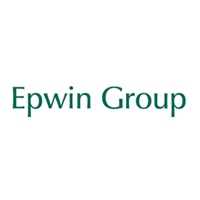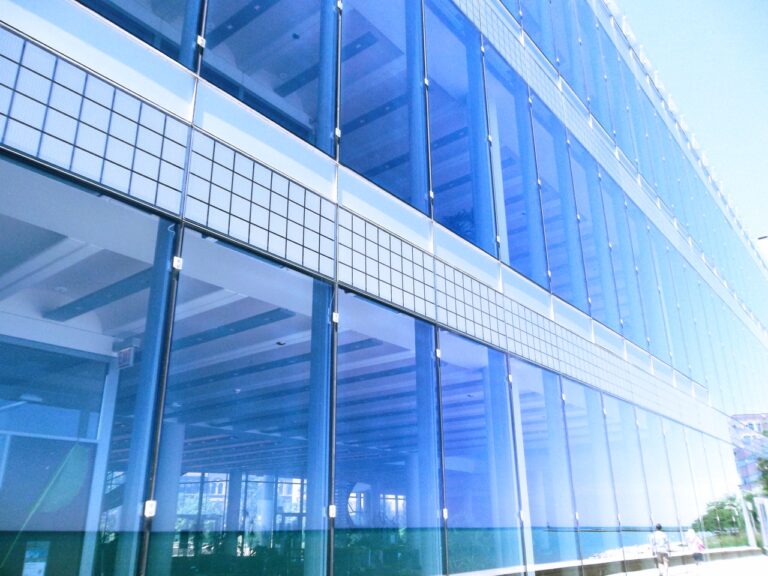For Epwin Group plc (LON:EPWN) trading in the first five months of the year has been in line with expectations despite the impact of adverse weather in the January to April period. As expected, the UK RMI market remains stagnant, weighing on the operating environment across the building products industry. This is being exacerbated by continuing cost input pressures, particularly in PVC resin. The reiteration of FY18 guidance should be viewed positively in the face of these headwinds. With one of the customer issues encountered last year resolved, and the other being worked through, forecast visibility has improved relating to the wider market back drop. Whilst lacking in growth, the underlying market does not appear to have deteriorated materially YTD. FY18 estimates have taken a realistic assessment of the potential impact from the issues faced in FY17 assuming a c. 14% decline in profitability before growth of c. 15% in FY19. On current forecasts the shares trade on 7.6x earnings, 4.9x EV/ EBITDA, have less than 1.0x net debt/EBITDA and yield 6.5%.
No change in FY18 outlook despite adverse impact from the weather in first few months of the year: We have seen several companies in the construction, housebuilding and building product sectors highlight the short-term impact to trading from the adverse weather in February and March. Epwin has not been immune but reassuringly states that it remains on course to meet FY18 expectations (ZC forecast revenue of £278.6m and PBT of £18.2m). Whilst trading year to date is in line with the expectations, the ongoing subdued market backdrop, particularly in RMI, and some residual cost input pressures means the outlook is mixed. The current low rating, both absolute and relative, reflects the operating environment at present and the volatility in earnings over the last twelve months. As confidence grows in FY18 and particularly FY19 estimates, Epwin shares should re-rate.
Operational efficiencies to offset cost pressures whilst longer term operational gearing will drive earnings: Operating margin declined 120bps to 7.5% in FY17 due to raw material cost input pressures. On a like for like basis these increased £7.6m, substantial for a business that generated c. £26.0m of operating profit in FY16. The combination of price increases and operational efficiencies managed to offset c.£5.0m of the £7.6m. FY18 estimates assume a further 50bps deterioration in margin as additional cost pressures come through. Management has been proactive in its attempt to offset margin pressure and the investment in a new logistics facility in 2017 will allow for further site rationalisation as well as improving the Group’s service offer to customers. Longer term, as the operating environment improves, it should be expected that operational gearing will drive earnings.
Valuation: The shares trade on 7.6x current year earnings and yield 6.5% with the balance sheet remaining lowly geared, with less than 1.0x EBITDA to net debt. At the current level of 80.6p they offer value and limited leverage risk for those investors prepared to wait for an improvement in the cycle.








































